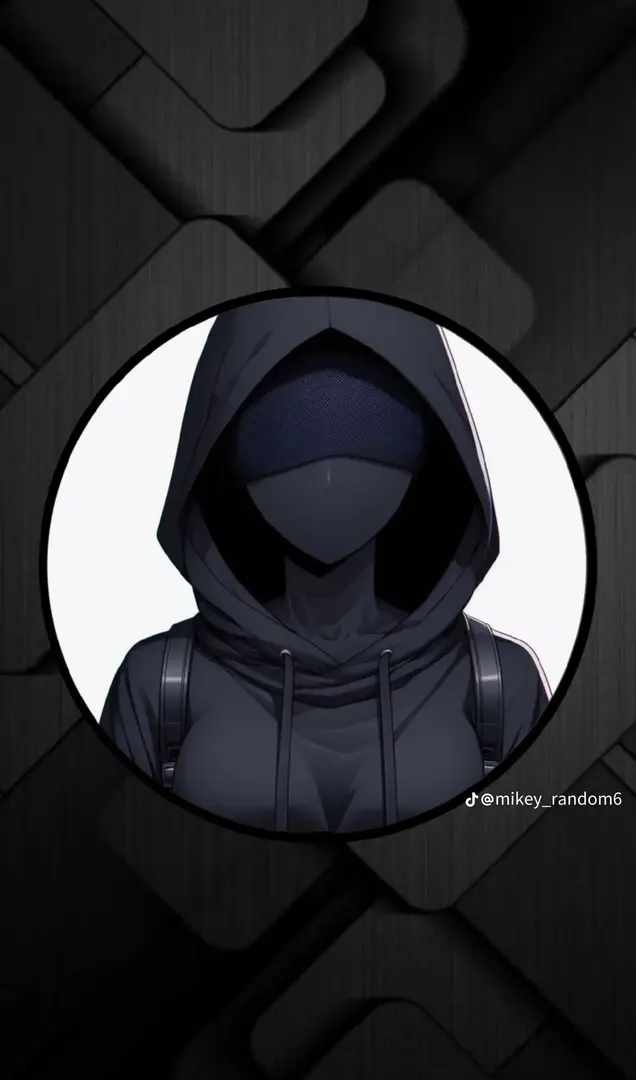Wow
Sponsored Advertisements
A night of bloodshed
Leave a Reply
New Discussions
-
Faith +lifestyle Learning skills

Oluwanifemi
11 mins ago00 -
konnect cash out Every 25th of a new month

Konnect Official
40 mins ago99 -
Earn in Dollars

King
54 mins ago00 -
The most expensive thing in this picture is not even the car.. oh God 💔

Mich Elle
55 mins ago00 -
My mind cut, cause I think say na me dem dey find 😂

Mich Elle
1 hr ago00














Asquare
120 days agoUnimaginable Horror: Over 200 Killed in Benue Herdsmen Massacre
A Night of Bloodshed
On the night of Friday, June 13, 2025, the rural communities of Yelewata and Daudu in Guma Local Government Area, Benue State, came under a devastating coordinated assault. Armed attackers—suspected to be Fulani herdsmen—surged in from two directions, wielding AK‑47s, machetes, and petrol. They set homes and market stalls ablaze, unleashing a merciless fury on civilians. Many victims were sheltering in IDP (internally displaced persons) stalls within the Yelewata market when the fires erupted .
Death Toll and Victim Profile
Initial reports cited over 100 fatalities in Yelewata; however, local authorities quickly revised this to at least 200 confirmed deaths—and still rising—encompassing women, children, the elderly, and IDPs. Five military personnel were also lost in the defense of Daudu . Victims endured horrific violence, with mothers and toddlers reportedly slaughtered where they fell .
Survivors’ Ordeal
Villagers describe a nightmare of chaos and terror:
“They poured petrol on the stalls in the market and burnt them. … Women, children and toddlers were murdered in cold blood. Children had their necks slit and killed like animals.”
There are harrowing accounts of victims beyond recognition, homes razed, and entire harvests destroyed—all under the cover of night .
A Brewing Ethnic Catastrophe
Human Rights Writers Association of Nigeria (HURIWA) described the tragedy as a crime against humanity, starkly warning that it could ignite nationwide ethnic conflict unless the government acts decisively . Amnesty International data paints a chilling backdrop: between January 2023 and February 2024, Benue endured 135 attacks, over 2,600 deaths, and massive internal displacement .
The Government Response
President Bola Tinubu has condemned the atrocity, labeling it a “senseless bloodletting,” and has dispatched security forces to pursue the culprits . He also visited Makurdi—Benue’s capital—pledging justice. Still, critics point to a delayed federal response, with intervention arriving days after the massacre .
Local voices express deep frustration: despite early warnings and some police presence, no robust defense was mounted. Military and police units reportedly fired from a distance but failed to shield fleeing civilians .
Underlying Tensions
The violence is symptomatic of a latent farmer–herder crisis rooted in contested land access, traditional grazing routes, climate pressures, and weak governance . Calls for long-term solutions—including ranching, protected grazing reserves, enhanced property rights, and community policing—have been ignored or stalled .
The Civil Society Plea
The Catholic Bishops’ Conference has initiated a nine-day national prayer for peace starting June 21, urging spiritual solidarity and communal healing . Meanwhile, Fulani leaders from Nasarawa advocate reviving nomadic education to foster understanding and reduce conflicts at the grassroots .
What Lies Ahead
In the aftermath:
1. Urgent humanitarian assistance is needed to aid survivors and families.
2. Security reforms must be implemented—short-term through effective deployments; long-term by institutionalizing ranching zones and conflict-resolution frameworks.
3. Accountability mechanisms such as independent investigations and prosecutions are essential to break cycles of impunity.
4. Reconciliation efforts between Fulani herders and farming communities are critical to avert further bloodshed.
Final Thoughts
This massacre is more than a horrific crime; it’s a stark symbol of a deepening national crisis. Without urgent political will and concrete reforms, the Middle-Belt's tragedies—so often ignored—risk becoming normalized. As Nigeria mourns yet again, it must confront the urgent question: Will this be the moment that ends the violence—or one more in a deadly chain?